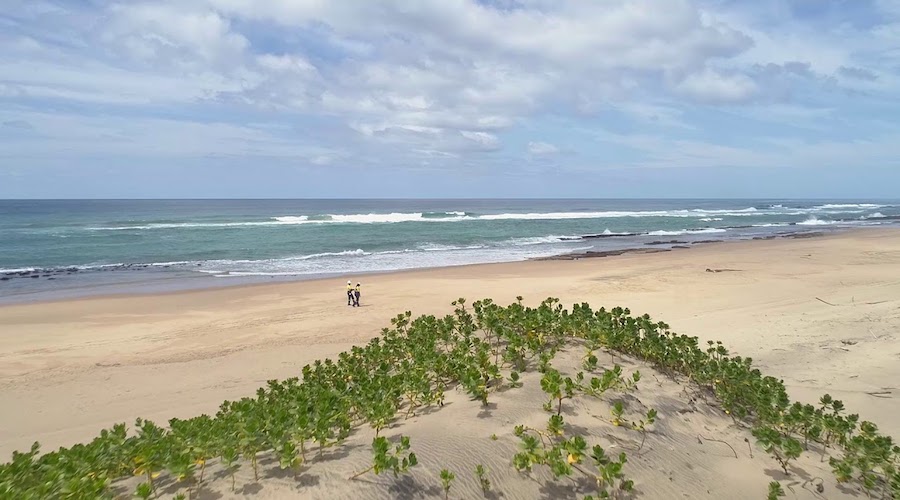
Rio Tinto’s Richards Bay mineral sands mine has seen multiple violent incidents over the years. The South African Police Service has been involved in numerous incidents in which workers, families, and subcontractors have dealt with difficult circumstances.
After a senior manager at RBM was assassinated in late May, the company was forced to halt operations at the site. In late June, the company made the decision to keep the Richards Bay Minerals mining and smelting operations in South Africa’s KwaZulu-Natal province shuttered so that safety and security could be improved for workers.
A Cold-Blooded Assassination
The late May tipping point was the assassination of Nico Swart, RBM’s general manager of operational services. While driving to work on a Monday morning, more than 20 high-caliber bullets were fired into his vehicle. The incident is being investigated by the South African Police Service, who hope to find some answers for Swart’s family, friends, and coworkers. Multiple setbacks have hindered progress at the project, as in April, RBM officials said that they were talking with government authorities to “permanently address violent protests around its operations before resuming work on the Zulti South project.” However, things have not improved since, and the company is taking final steps.
On Monday, Rio Tinto announced that its operations at the Richards Bay Minerals (RBM) project in South Africa would remain shut despite further talks with the government. The murder of one of their top managers and the unsolved case has proven too difficult to overlook for all parties, it seems.
Regular Violence From Protestors
The project employs about 5,000 people and will be a hit to Rio Tinto’s bottom line as well as the good the project does for the local economy. The Minerals Council of South Africa condemned the violence and the “failures” of law enforcement up to this point. The government had tried to prevent the suspension of activity at the minerals sands project. It is an integral part of the local economy, and Rio Tinto represents a strong economic partner for the country.
However, the council said in a statement that, “Continued acts of lawlessness including blockages of roads, burning of equipment and intimidation of staff at mining operations are not only unacceptable and damaging to the country’s reputation as an investment destination, but also impact the lives and livelihoods of mining employees, their families, and surrounding communities.” The untenable situation is expected to calm down now that the project is halted.
Optimistic Tone, But a Long Uphill Battle
Rio Tinto also commented on Monday, stating that everyone is looking forward to the resumption of operations as soon as possible. The optimistic outlook from the company may suggest it intends to broker a deal with local communities or create a new project. “But the safety of our people and the security of our operations must be assured before we can return to work,” a spokesperson said.
The company owns a 75% interest in the mine, which has been plagued by violent incidents related to violent protests. In 2018, Rio Tinto had to freeze operations twice because of violent protests by contractors and then stopped work at the mine again in 2019 when one of its employees was shot. This latest event makes it unclear whether Richards Bay will ever be able to resume normal operations, which includes mining, refining, and smelting of heavy minerals or ore deposits. A joint venture Rio Tinto and Blue Horizon (owns 24%), the remaining shares are held in an employee trust.
RBM produces ilmenite, rutile, and zircon, some of which are highly valuable and used in things such as sunscreen, paint, and even smartphones.



 Follow us on Twitter
Follow us on Twitter Become our facebook fan
Become our facebook fan











Comments are closed.